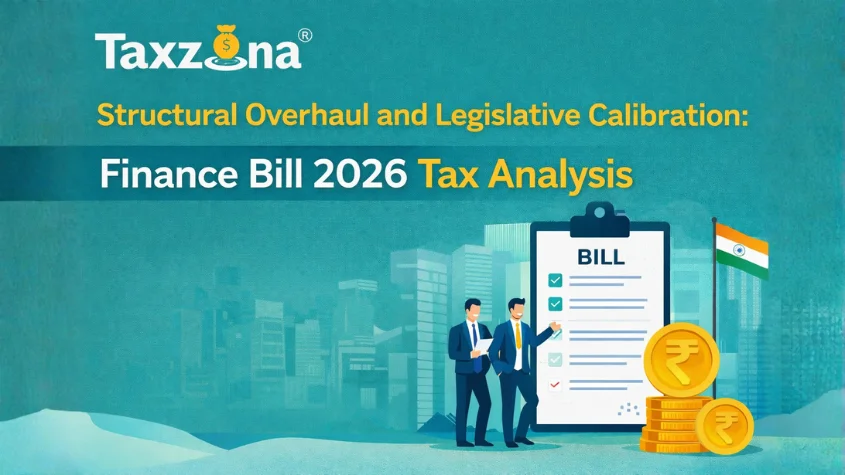
Allahabad HC: GST Demand Beyond Show-Cause Notice Quashed

1. Issue Involved
- The core issue before the Hon’ble Allahabad High Court was whether a final demand order passed under Section 74 of the Goods and Services Tax Act, 2017 can lawfully include tax, interest, and penalty amounts exceeding those proposed in the original show-cause notice, and if such enhancement, without giving an opportunity of hearing or reply, constitutes a violation of Section 75(7) of the Act.
- The case also raised concerns about procedural fairness and communication of notices to the taxpayer.
Facts of the Case
- In the present case, the petitioner, M/s Vrinda Automation, was issued a show-cause notice dated 25.11.2023 under Section 74 of the CGST/UPGST Act, covering the tax period April 2019 to March 2020. The notice was uploaded on the GST portal under the tab “Additional Notice and Order”, but no separate communication was made through other means such as email, SMS, or physical service. As a result, the petitioner remained unaware of the issuance of the notice and hence did not file any reply or objections.
- Subsequently, the Deputy Commissioner, State Tax, Ghaziabad, passed a demand order dated 30.12.2024, raising a total demand of ₹1,34,94,294/-. This included tax, interest of ₹43,35,838/-, and penalty of ₹45,79,228/-. However, the show-cause notice had only proposed a combined demand of ₹66,13,874.78, including tax, interest, and penalty.
- The petitioner challenged the order on the ground that it was beyond the scope of the original show-cause notice, and therefore, violated Section 75(7) of the GST Act, which limits the demand to the amount and grounds specified in the notice.
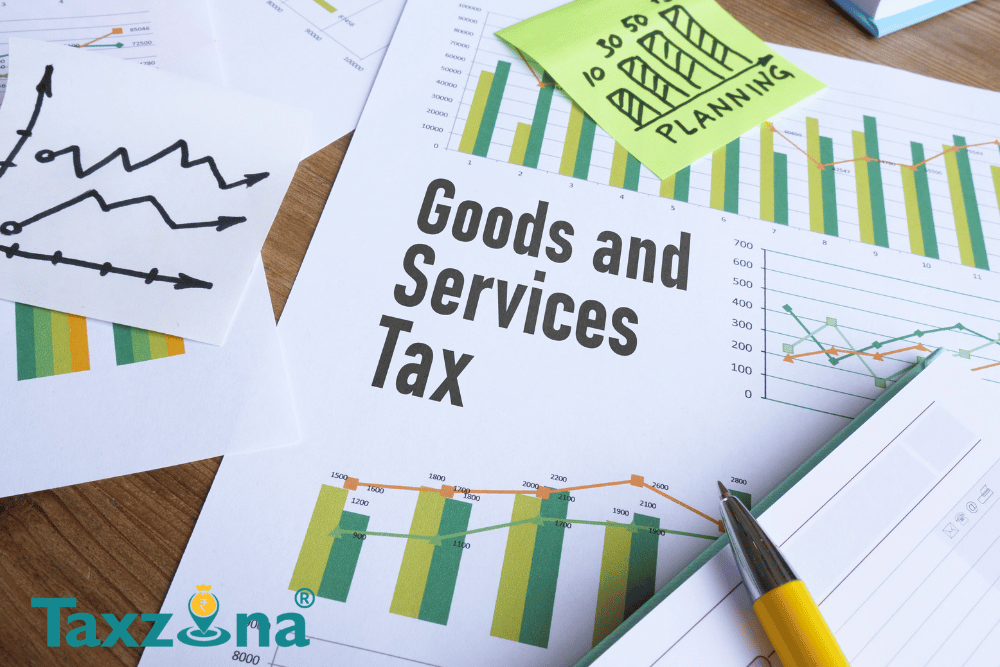
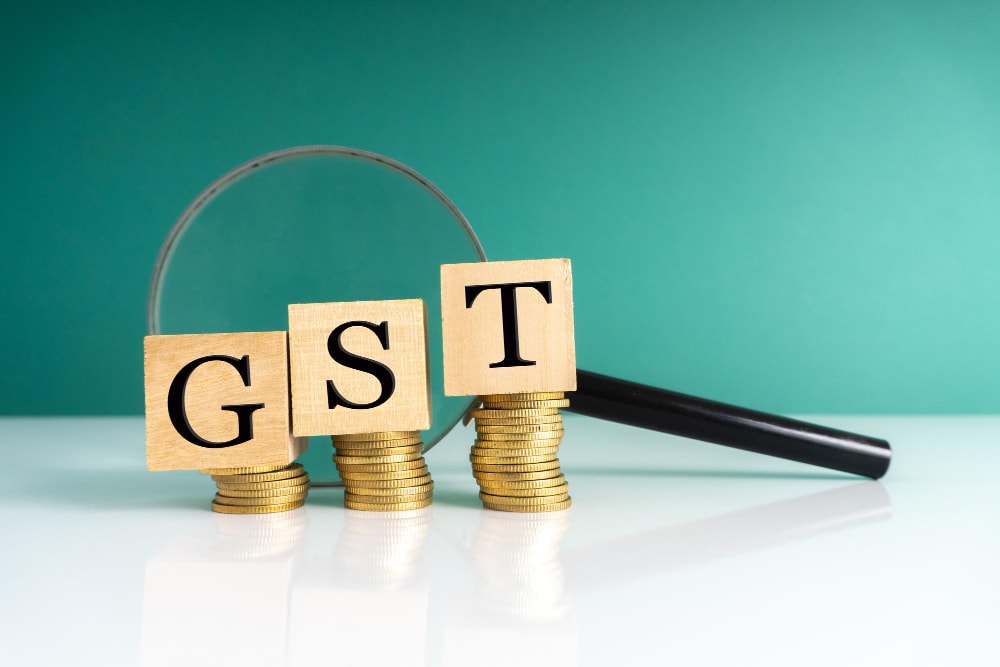
3. Observations of the Court
- The Hon’ble High Court carefully examined the provisions of Section 75(7) of the GST Act, which clearly states that “the amount of tax, interest and penalty demanded in the order shall not be in excess of the amount specified in the notice and no demand shall be confirmed on the grounds other than the grounds specified in the notice.”
- The Court noted that while the show-cause notice mentioned a demand of ₹66,13,874.78, the final order raised the demand to ₹1,34,94,294/-, including enhanced amounts of interest and penalty.
- Even if the interest component was argued to be covered due to statutory applicability under Section 50, the Court held that the penalty component clearly exceeded the scope of the original notice.
- Moreover, the absence of proper communication of the notice deprived the petitioner of the opportunity to respond and defend itself. The Court concluded that the impugned order was ex facie contrary to the express provision of Section 75(7) and violated the principles of natural justice.
4. Judgment of the Court
- In view of the above findings, the Hon’ble High Court allowed the writ petition filed by the petitioner. It held that the order dated 30.12.2024 was not sustainable in law and accordingly, it was quashed and set aside.
- The matter was remanded back to the Deputy Commissioner, State Tax, Ghaziabad, with a direction to give the petitioner a proper opportunity to file a reply to the show-cause notice, and after granting a personal hearing, to pass a fresh order in accordance with law.
6. Key Learnings from the Judgment
- This judgment reaffirms the importance of strict procedural compliance in GST adjudication proceedings. It underscores that any demand raised in the final order must not exceed the amount proposed in the show-cause notice, and that new grounds or enhancements cannot be introduced without proper notice and opportunity to respond.
- It also highlights that merely uploading a notice on the GST portal under an obscure tab does not fulfil the requirement of effective communication, especially when it leads to the denial of the right to be heard. The case emphasises the importance of natural justice and taxpayer rights, especially in high-stakes tax disputes.
7. Conclusion
The decision of the Allahabad High Court in Vrinda Automation v. State of Uttar Pradesh sets a clear precedent that tax authorities must act within the boundaries of the show-cause notice issued under Section 74. Any deviation in terms of quantum or grounds in the final order without notice violates Section 75(7) and renders the order invalid.
The judgment protects the taxpayer from arbitrary and excessive demands and reinforces the core legal principle that “no one should be condemned unheard.”
Recent Post

Structural Overhaul and Legislative Calibration: An In-Depth Analysis of the Finance Bill 2026
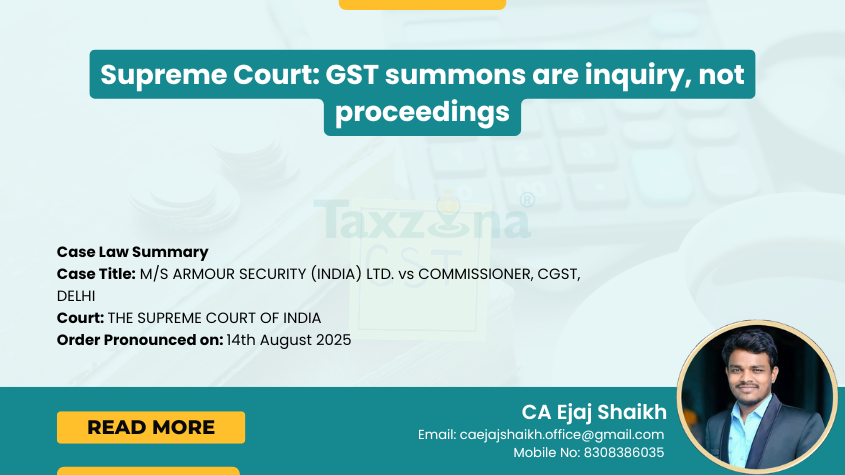
Supreme Court Clarifies GST Summons vs Proceedings
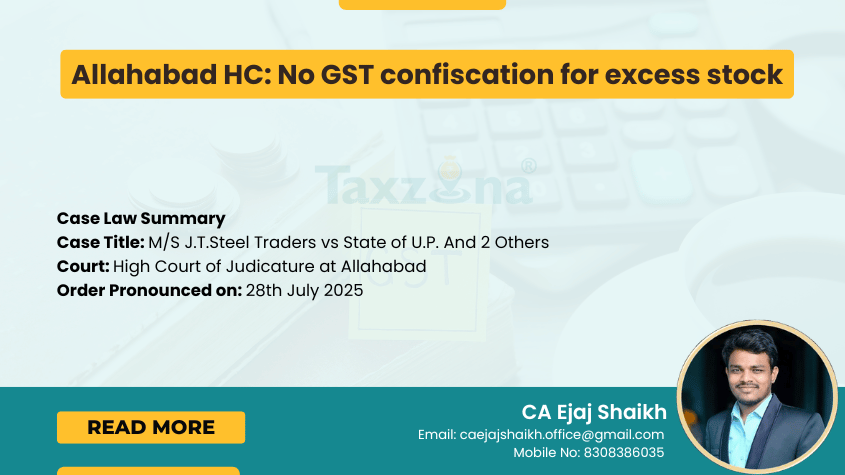
Allahabad HC Quashes GST Confiscation for Excess Stock
Have Any Question?
Our experts at Taxzona are here to help you with GST, Income Tax, and all your financial queries. Get reliable guidance tailored to your business and personal needs.

